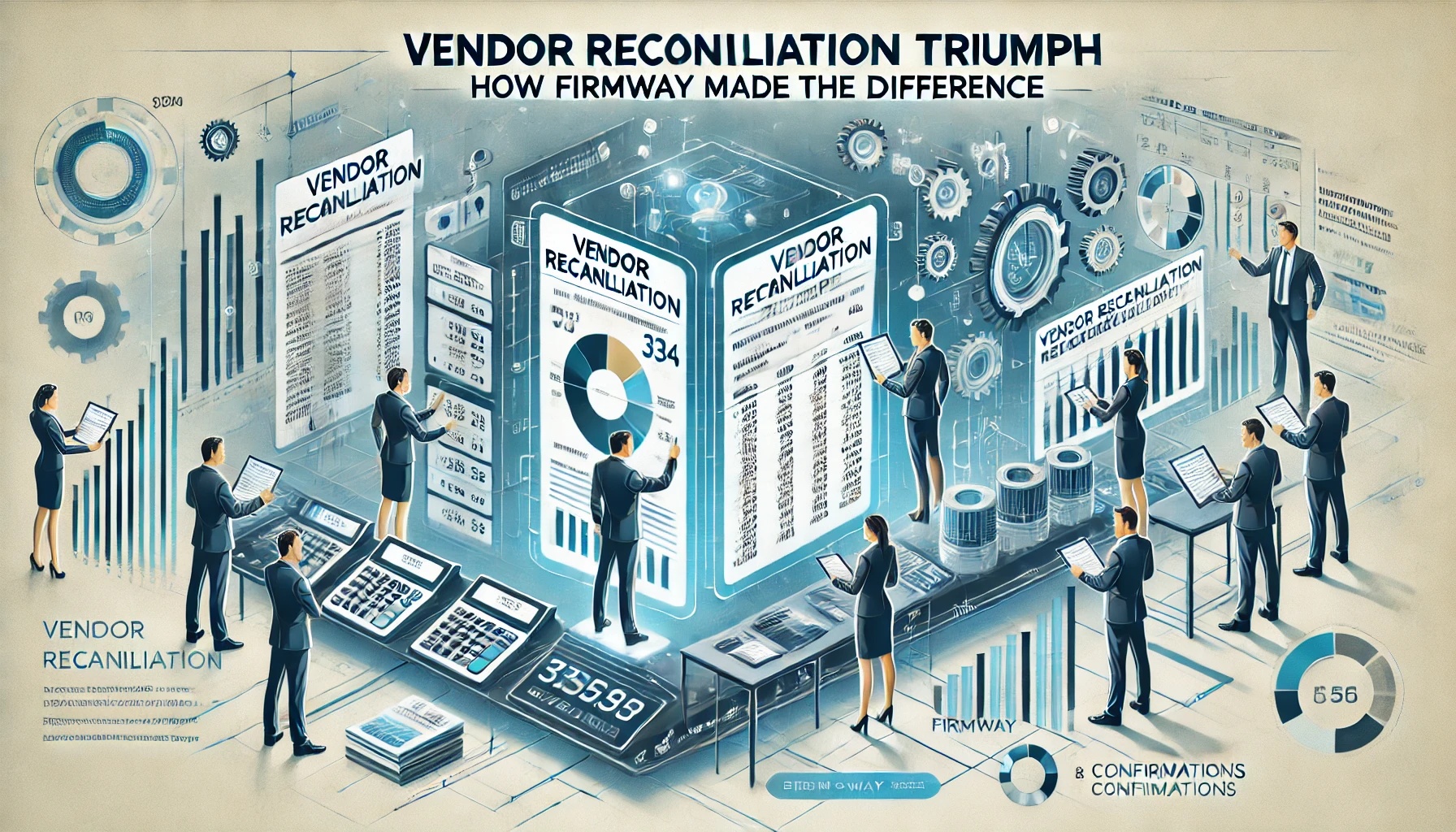From Finance Chiefs to Digital Catalysts: A Look at the Evolving Role of CFOs
The past few years have witnessed a technological revolution, with advancements in artificial intelligence, block chain, robotics, and automation nudging businesses towards digital transformation. It was the Covid-19 pandemic, however, that truly served as a catalyst, propelling companies to embrace digital initiatives like never before. 85% of CFOs plan to increase their investment in the cloud according to Accenture, and Gartner reports that 78% will maintain or increase their digital investment through 2023.
Leading the Charge: CFOs at the Forefront of Digital Strategy
In this digital landscape, C-level executives play a crucial role in successfully planning and implementing transformation strategies. Among these, CFOs find themselves at the forefront of the journey. BDO’s report, ‘Do CFOs Play a Leading Role in Digitally Transforming their SMEs?’ reveals that 76% of CFOs are involved in setting the overall digital strategy for their organizations.
Beyond Finance: Architects of Transformation Across the Organization
The CFO’s role goes beyond simply implementing new technologies in the finance department. They are, in many ways, the architects of digital transformation across the entire organization. As the numbers speak for themselves:
- Digital Ambassadors: Bridging the Gap between Finance and Other Departments: 68% of CFOs provide suggestions to implement digital ideas for faster services and growth in other departments. They act as digital ambassadors, bridging the gap between finance and the rest of the organization.
- Driving Enterprise Value Creation: CFOs are propelling Enterprise value creation to the forefront of strategic CEO agendas. They understand the transformative power of technology and are driving its adoption for maximum impact.
Transforming the Finance Department: From Back Office to Data Powerhouse
This focus on value creation manifests in the finance department itself, which is undergoing a digital revolution. Large-scale companies are increasingly adopting automation tools for accounting and data management, streamlining processes and unlocking new insights.
Meeting Evolving Expectations: Delivering Real-Time Data for Informed Decisions
But technology isn’t just about streamlining the back office. As CEO and board member expectations shift, demanding real-time, electronically formatted data for review, CFOs need to ensure their organizations can deliver. This necessitates transforming accounting, cash flow, and auditing with data visualization, advanced analytics, and real-time reporting features.
Embracing Automation: Optimizing Operations for the Digital Age
Ultimately, gathering, organizing, and accounting for data remains a core task of managing finances. However, digital transformation opens doors to new opportunities and expands the scope of business operations. Companies can now operate across borders, catering to a larger market, resulting in a higher volume of transactions that traditional manual methods simply can’t handle. According to McKinsey Global Institute, a staggering 77% of general accounting practices have high automatability potential.
The CFO Advantage: A 7% Boost to Transformation Success
Undeniably, a company’s digital transformation success hinges on various factors like vision, organizational structure, and employee skillsets. But a CFO’s involvement in the process is a significant differentiator. Studies show that companies with CFOs actively involved in digital transformation experience a 7% higher chance of success. This is a testament to the transformative power of CFOs, who are evolving from finance leaders to catalysts for innovation and digitization in their organizations.
Conclusion: The Future Belongs to the Digitally Equipped
The future belongs to those who embrace technology and utilize it to unlock new possibilities. And in this digital age, CFOs are playing a critical role in equipping companies with the tools and strategies they need to thrive. By stepping beyond their traditional roles and becoming digital architects, CFOs are leading their organizations towards a brighter, more efficient future.





